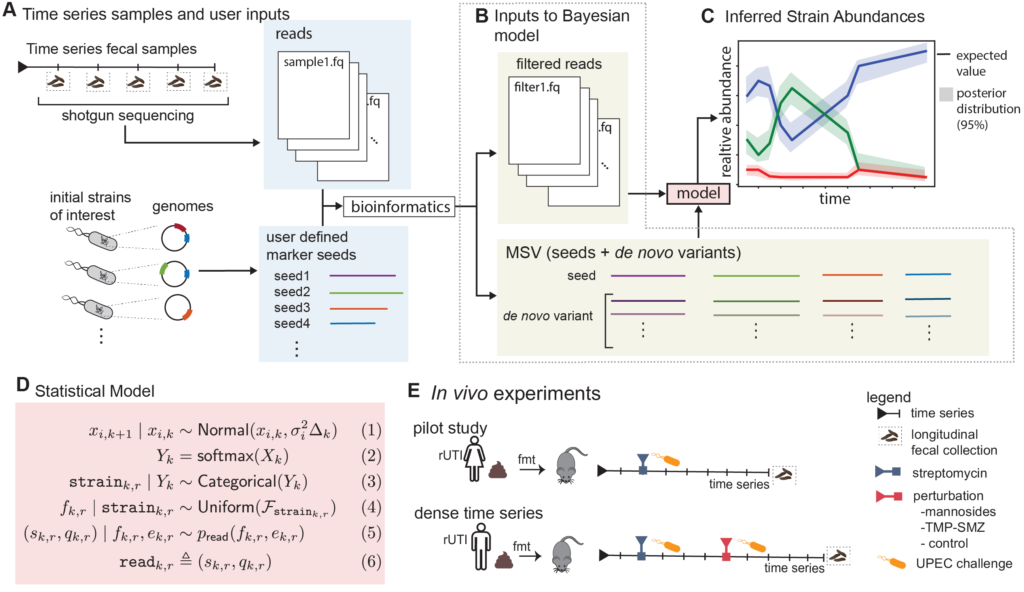Daniel MacDonald, a Research Fellow in the Gibson Lab, is a 2024 recipient of the Banting Postdoctoral Fellowship.
The Banting Postdoctoral Fellowship program provides funding to the very best postdoctoral applicants, both nationally and internationally, who will positively contribute to the country’s economic, social and research-based growth. The award is designed for Canadian citizens, permanent residents of Canada and foreign citizens of Canada.
Dan is a second year fellow researching machine learning for the gut microbiome. Researchers typically study the microbiome by counting the different species of microbes in a stool sample—there may be hundreds to thousands of species and trillions of individual microbes. Stool samples are a good representation of the microbes found in the colon, but they underrepresent species in the small intestine and species that stick to the intestinal walls, which may play a critical role in maintaining the host’s bodily functions. Previously, researchers in the lab developed uncertainty-aware machine learning (ML) models of the gut microbiome that can predict how the hundreds-to-thousands of microbial species grow and die in response to changes in diet. These ML models were trained using stool samples, which underrepresent species upstream from the colon, and aren’t designed to accommodate other types of samples, such as microbe samples from tissue in the small intestine. In this research, Dan and other lab members are developing new uncertainty-aware ML models that will be trained not only on stool samples, but also using microbe measurements throughout the intestinal tract. This will provide insight into the as-yet unknown microbial interactions of the entire intestinal tract. They are designing this model to flexibly incorporate new measurement modalities, such as advanced imaging techniques, which will allow them to quickly adapt this model for new experiments in the ever-growing microbiome field, shedding light on the hidden inhabitants of our bodies.
I’m grateful to be a recipient of a 2024 Banting Postdoctoral Fellowship. This is shared achievement, as it was only possible with the support and countless opportunities provided by Dr. Travis Gibson and our team in the Division of Computational Pathology at BWH. I’d also like to express gratitude to my PhD supervisor, Prof. David Steinman, who laid the foundations for my academic pursuits and shaped my approach to research. It is truly an honour to receive this fellowship from NSERC, and I look forward to making meaningful scientific advancements through the completion of this research. –Dan MacDonald

